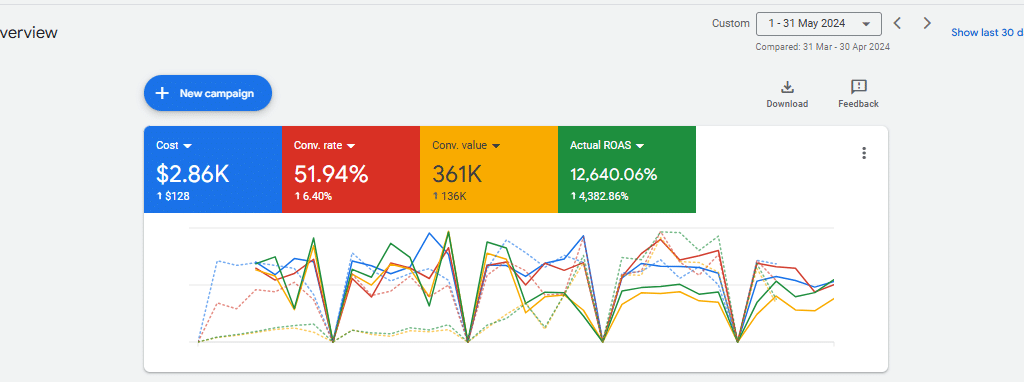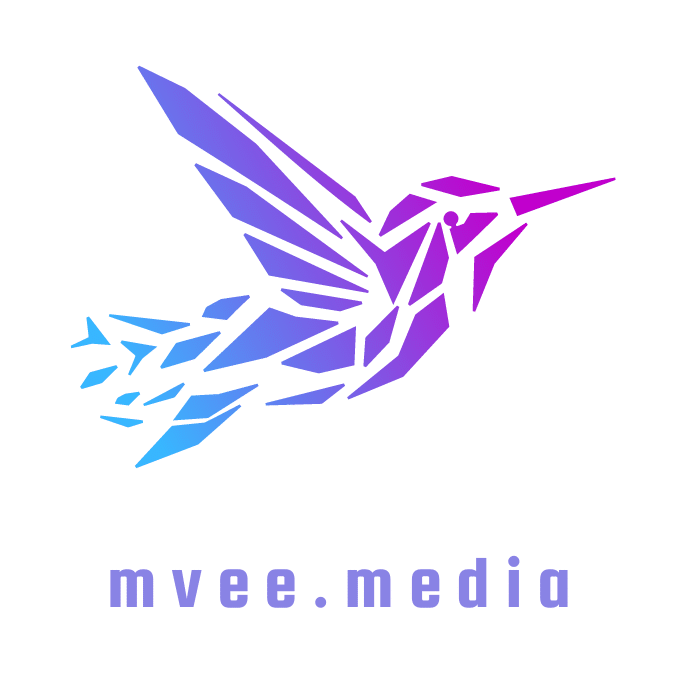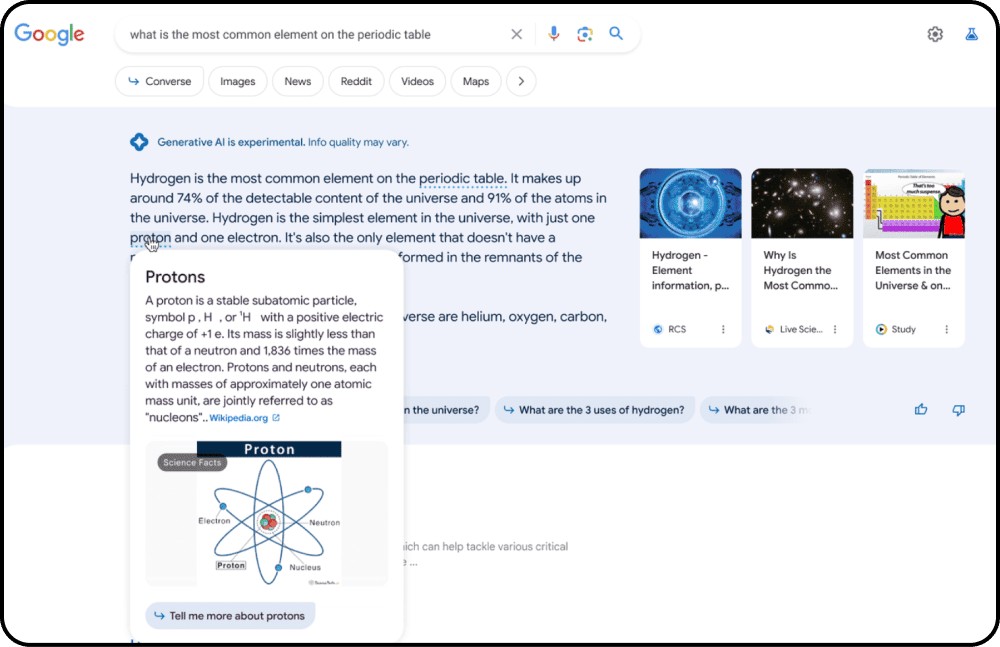Every small business owner knows the importance of visibility. Imagine having a high-street shop hidden in an alley, no passerby would notice it, let alone step in to browse your products or services. The same principle applies to your online business. Your website may offer exceptional products or services but if it’s buried deep in the search results, potential customers will struggle to find you.

In this article, we’re going to explore ’10 Effective Strategies to Improve Your Search Rankings’. These strategies, when properly implemented, can help you claw your way up the search engine results, making your business more visible to potential customers.
Whether you’re a seasoned webmaster or a small business owner just getting started with SEO, this guide will provide you with actionable strategies to improve your search rankings. You will learn how to target the right keywords, create high-quality content, optimize your meta tags, and much more. So, let’s dive in and start boosting your online visibility with MVee Media, your trusted partner in digital marketing.
Contents
Why is SEO Important?
In today’s digital age, online visibility is a key factor in business success. A higher ranking in search results translates to more visibility for your website, and consequently, more opportunities to attract prospective customers and generate leads and sales.
SEO is also a cost-effective marketing strategy. Unlike paid advertising, organic search traffic is free, making SEO a great option for small businesses with limited advertising budgets.
Moreover, SEO not only helps you attract traffic but also targets quality traffic. By optimizing your website for the keywords your target audience is searching for, you can attract visitors who are genuinely interested in your products or services.
SEO also enhances the user experience, making your website more user-friendly and easier to navigate. Search engines prioritize websites that provide a high-quality user experience, further boosting your rankings.
Finally, SEO can give your business a competitive edge. Many small businesses are yet to fully leverage the benefits of SEO. By prioritizing SEO, you can stay ahead of your competitors and establish your business as a leader in your industry.
In the next sections, we will delve into the specific strategies you can use to improve your search rankings and increase your online visibility. With MVee Media, you can expect innovative, proven strategies that deliver results. Stay tuned!
1. Keyword Research and Optimization
Keyword Research and Optimization. This strategy revolves around understanding and utilizing the language your potential customers use when searching for your products or services online.
Understanding Keyword Relevance
Keyword relevance is crucial in improving your search engine ranking. The trick is to identify the words or phrases your customers use when searching for your products or services. This could be anything from ‘flowers online’ to ‘plumbing services in [your city]’.
The more relevant your keywords, the more likely your website is to rank higher in search results. Keep in mind that the relevance of your keywords also applies to your meta tags and image alt tags.
Long-tail Keywords
Long-tail keywords are longer, more specific keyword phrases that visitors are more likely to use when they’re closer to making a purchase or when they’re using voice search. They are a golden opportunity to drive targeted traffic to your site. For instance, instead of using the keyword phrase ‘coffee shop’, a more specific long-tail keyword could be ‘best arabica coffee shop in Brooklyn’.
Keyword Placement
Once you’ve identified your keywords, the next step is placing them strategically within your content. Incorporate them naturally into your page titles, headings, URL, and throughout your content. However, be cautious not to overuse your keywords as this can lead to keyword stuffing, which search engines penalize. Remember, your content should still read naturally and be user-friendly.
Implementing these keyword research and optimization strategies can significantly boost your search engine rankings, ultimately leading to increased online visibility for your business. Stay tuned for more effective strategies to improve your search rankings with MVee Media.
2. Quality Content Creation
In the grand scheme of SEO, content is king. High-quality, relevant, and authoritative content can dramatically improve your search rankings and make your website more appealing to both users and search engines.
The Importance of Relevant, Authoritative Content
As a small business owner, your goal should be to provide valuable information that addresses the needs and interests of your target audience. This involves creating content that is not only rich in relevant keyword phrases, but also provides real value to your readers.
For instance, if you’re a local bakery, you might create a blog post about different types of bread and their health benefits. Not only would this target relevant keywords like “bread types” and “health benefits of bread,” it would also provide valuable information that your customers are likely interested in.
Authoritative content is also crucial in improving your search rankings. This involves creating content that showcases your expertise, authority, and trustworthiness in your field. By strategically linking to reputable sources and providing additional, useful information, you can position your business as a trusted authority.
This not only improves your search rankings, but also builds trust with your audience, ultimately driving more traffic and leads to your business.
Regularly Updating Your Content
Another key strategy in improving your search rankings is regularly updating your content. Search engines like fresh content. Regularly updated content is viewed as an indicator of a site’s relevancy, so be sure to keep it fresh.
This doesn’t necessarily mean you have to create new content all the time. Sometimes, updating an existing blog post with new information or insights can be just as effective. At MVee Media, we recommend auditing your content on a set schedule (semesterly, for example) and making updates as needed.
You could also consider adding a blog to your website. Regular blog posts not only provide fresh, updated content, but also give you an opportunity to target specific keywords and topics related to your business.
In conclusion, quality content creation is an invaluable strategy in improving your search rankings. By creating relevant, authoritative content and regularly updating it, you can significantly improve your online visibility and drive more leads and sales to your business. Stay tuned as we delve into more strategies to boost your search rankings with MVee Media.
3. Optimizing Meta Tags
Now that you’ve learned the importance of creating quality content and utilizing keywords effectively, it’s time to explore the third strategy to improve your search rankings: optimizing meta tags.
Meta tags, often overlooked, are an essential part of your SEO strategy. These HTML tags provide information about your website to search engines and website visitors. As a hidden powerhouse, they can significantly influence your website’s search engine rankings and click-through rates.
Title Metadata
The title metadata, or the title tag, is arguably the most crucial meta tag for SEO. It appears in the top bar of your browser and as the headline in search engine results. It gives both users and search engines an insight into what your page content is about.
The best title tags are concise, around 50-60 characters, and contain the primary keyword related to the page content. For instance, if you own a bakery in New York, a well-optimized title tag could be “Best Bakery in New York | Freshly Baked Goodies | YourBakeryName”.
Remember, each page on your website should have a unique title tag that accurately describes the page’s content. This can significantly improve your search visibility and help search engines understand your site better.
Description Metadata
Description metadata, or meta description, is a brief summary of your page content that appears below the title in search engine results. It’s your opportunity to sell your content to users and entice them to click through to your site.
A compelling meta description should be around 150-160 characters, include your primary keyword, and provide a clear, concise summary of your page content. Keep it relevant and enticing to encourage users to click on your page.
Keyword Metadata
Keyword metadata refers to the list of keywords relevant to the page’s content. Although it’s no longer a direct ranking factor due to past abuses, it doesn’t hurt to add them.
When crafting your keyword metadata, include a variety of phrases that a user might search for when looking for your content. As a general rule, aim for 3-7 phrases with each phrase consisting of 1-4 words.
For instance, if your page is about cloud hosting services, your keyword metadata could include phrases like “cloud hosting”, “best cloud hosting services”, and “affordable cloud hosting.
By optimizing your title, description, and keyword metadata, you can provide search engines with more information about your website, helping them understand, index, and rank your site appropriately.
This can significantly improve your search engine rankings and drive more organic traffic to your site, ultimately leading to more conversions and business growth.
Stay tuned as we continue to explore more effective strategies to boost your search rankings with MVee Media.
4. Building a Link-Worthy Site
A well-crafted link strategy can catapult your website to the top of search engine rankings. This section will delve into the power of backlinks and how to secure beneficial referrals from other websites.
The Power of Backlinks
Backlinks, or inbound links, are essentially votes of confidence from other websites. They signal to search engines that your content is credible, valuable, and worthy of citation. The more quality backlinks you have, the better your chances of ranking highly in search results.
As a matter of fact, Google’s algorithm considers backlinks as one of the top three ranking factors.
However, not all backlinks are created equal. The quality of the referring website matters significantly. Links from authoritative, reputable websites add more weight to your site’s credibility than those from lesser-known or low-quality sites.
MVee Media uses sophisticated technology and innovative strategies to power SEO campaigns, including carefully crafted link strategies. As evidenced in our case studies, this approach has yielded remarkable results in boosting search rankings.
How to Gain Referrals from Other Websites
So, how do you gain referrals from other reputable websites? The first step is to create high-quality, relevant content that is worth linking to. This could include informative blog posts, engaging videos, comprehensive guides, or groundbreaking research findings related to your business.
Next, you can reach out to other website owners, bloggers, or influencers in your industry and request a link exchange. You can also engage in guest blogging where you provide valuable content to another website and, in return, gain a backlink.
Another effective strategy is to use social media to promote your content. The more your content is shared, the higher the chances of it being seen and linked to by other websites.
Finally, you can submit your website to relevant directories or use PR strategies to get featured in news articles or industry publications.
Building a link-worthy site is a vital part of improving your search rankings. By harnessing the power of backlinks and gaining referrals from other websites, you can dramatically enhance your website’s visibility and credibility.
Stay with us as we continue to delve into more strategies to further improve your search rankings with MVee Media.
5. Image Optimization
Let’s turn the spotlight on a commonly overlooked aspect of SEO – image optimization. A picture is worth a thousand words, and in the realm of SEO, it could be worth a thousand clicks too. Yes, you heard it right!
Optimizing your images can significantly contribute to enhancing your website’s visibility, leading to improved search rankings and increased traffic.
The Role of Images in SEO
Images play a pivotal role in enriching your content quality and user experience. They create a visually engaging and easy-to-digest platform for your audience. However, search engines cannot ‘see’ images the same way humans do. They rely on alt text, file names, and other elements to understand and index them.
By properly optimizing your images, you can turn them into SEO assets. This involves reducing file size for faster loading, using relevant file names, and writing descriptive alt tags. It’s also crucial to verify that your images are relevant to your content and offer value to the reader.
But the question arises – how do you do this effectively? Let’s explore.
Writing Effective Alt Tags
Alt tags, also known as alt descriptions or alt attributes, provide a textual description to the images on your website. This description helps search engines understand the content of the image, thereby improving your site’s SEO. It also aids in accessibility, making your site more inclusive for users with visual impairments who use screen readers.
Here are some tips to craft effective alt text:
- Be Descriptive: Elaborate what’s in the image as precisely as possible. For instance, instead of “dog”, use “golden retriever playing in the park”.
- Be Unique: Each image on your webpage should have a unique alt text.
- Be Relevant: Ensure the alt text is pertinent to the context of the image and the content around it.
- Avoid Keyword Stuffing: While it’s important to include keywords in your alt text, don’t overdo it. Your primary goal is to describe the image, not to jam keywords into it.
Properly optimizing images can seem like a small detail, but it’s one that can have a big impact on your search rankings. So next time you add an image to your site, take a moment to optimize it – your SEO will thank you!
Stay tuned as we delve into more strategies with MVee Media to help you scale the SEO ladder.

SEO & Advertising Expert, Mark Valerio has served the online industry for over a decade.


Add a Comment